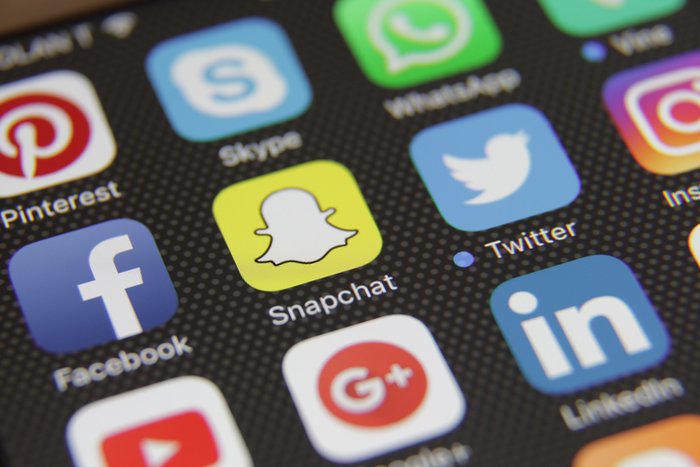
More than half of teens in a Spanish study had been bullied on the Internet.
Cyber victimization has been defined as “unwarranted, intentional, and prolonged aggression between peers” that occurs via electronic media, particularly social media. It can produce psychopathology, including depression, anxiety, and even suicidal ideation. A recent study adds to our knowledge of cyber-bullying’s effect on disordered eating among teens.
Body appearance is a common focus of cyber-bullies, who send harassing emails or text messages about an individual being “fat” or “ugly,” along with derogatory images about the targeted person over the Internet. In one study by Cassidy et al. (School Psychol Int. 2009; 30:383), 30% of teens reported being cyber-bullied because of their size or weight. Another study in 2017 found that being cyber-bullied by peers leads to body dissatisfaction (J Interpers Violence. doi: 10.177/088620517725737).
Drs. Jose H. Marco and M. Pilar Tormo-Irun, of the International University of Valencia, recently reported the results from their study of 676 Spanish teens (367 girls and 309 boys; mean age: 14.3 years) from several cities in Spain (Front Psychology.June 14, 2018, doi: 10.33898/fpsyg 2018.00987).
Drs. Marco and Tormo-Irun used three questionnaires, including the Multidimensional Body-Self Relations Questionnaire-Appearance Scales, a 34-item self-report inventory of 5 subscales (appearance evaluation, appearance orientation, body areas satisfaction, oversight preoccupation, and self-classified weight). The participants completed two additional questionnaires, the Spanish version of the Eating Attitudes Test(EAT-40), and the Spanish version of the European Cyberbullying Intervention Project Questionnaire(ECIPQ). For the ECIPQ, the authors selected the Cyber Victimization subscale only, which is made up of 11 items investigating whether the study participant had been a victim of specific insults, including threats, taking personal information, identity theft, and dissemination of intimate photos, retouched photos, and rumors.
More than half had been attacked by cyber-bullies
Remarkably, during the preceding 2 months, 57.5% (389) of the study participants had been insulted or threatened, or had personal information taken, experienced identity theft, had bullies publish intimate photos, retouched photos, and rumors spread through messages, the Internet, and social networks. Rates did not differ between the girls and boys on the cyber victimization scores when age was controlled; this finding agreed with results from earlier studies.
Results from the three questionnaires showed that preoccupation with being overweight, and cyber victimization were all significant predictors of theEAT-26 score. The authors stressed the importance of assessing the psychopathology of eating disorders in teens victimized by weight- or appearance-based cyberbullying.
Steps to Trip up Cyber-bullies
A number of volunteer organizations have been formed to fight back against bullying and cyberbullying. Ditch the Label, an anti-bullying charity in the United Kingdom, recently published suggestions for ways to respond to cyber-bullying. Here are a few of their suggestions:
- Never respond to an Internet bully, and especially do not try to retaliate by doing the same thing back.
- Take a screenshot of anything that may be cyber-bullying, and keep a record of it on your computer.
- Block and report the offending user to the appropriate social media program.
- Ditch the Label officials suggest that although you may not feel like talking about the abuse, it is always helpful to seek support and avoid trying to handle the bully by yourself.
- Weigh how serious the cyberbullying is. If it is just slight name calling from an unknown person, it may be easier to block it and report the abuser.
- If the cyber-bully is someone at school or college, report it to a teacher. If the bullying is threatening, contact the police or a trusted adult as soon as possible.
- Be private about your social media. Keep social media privacy settings high, and do not connect with anyone you don’t already know offline.
